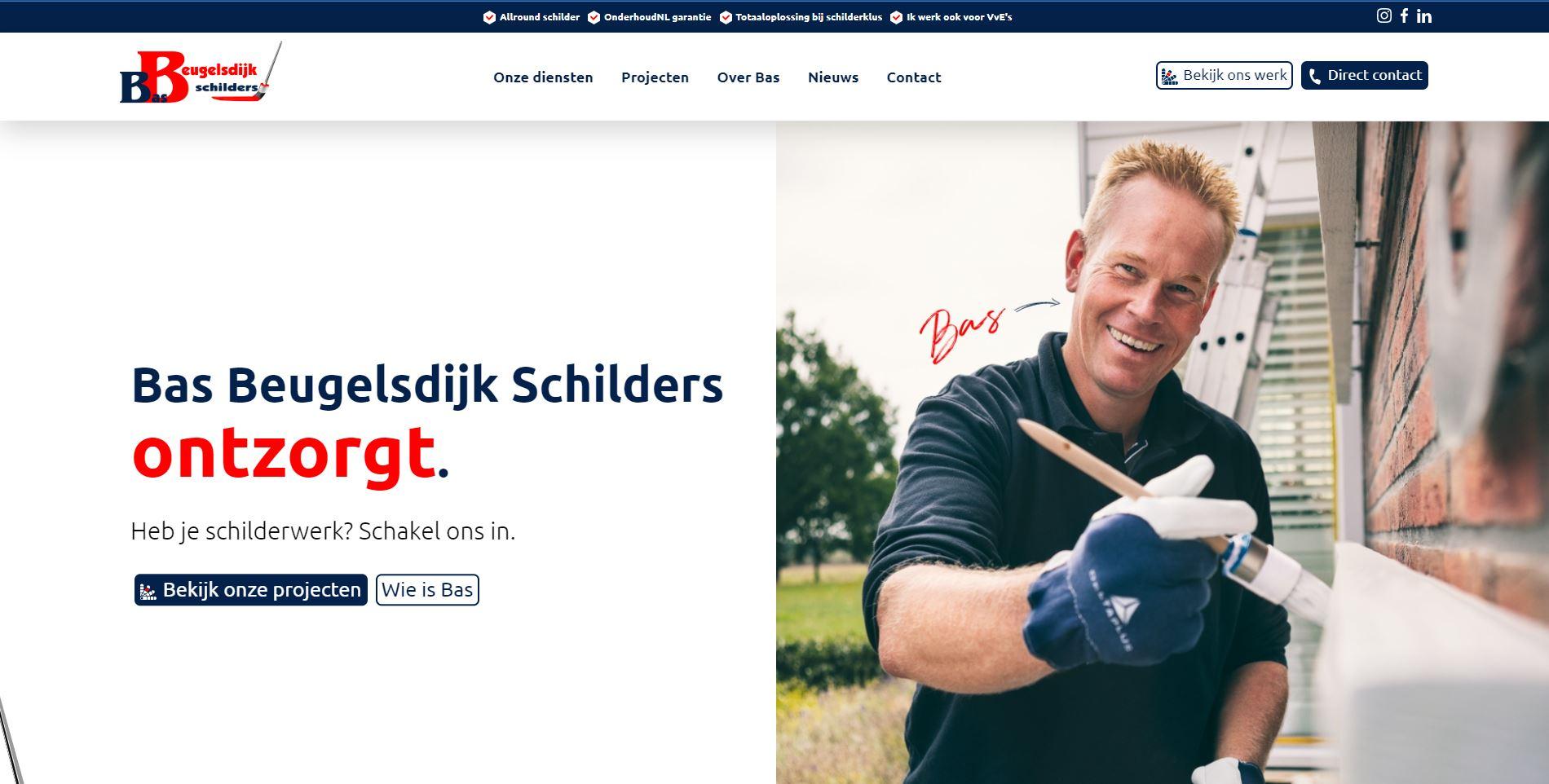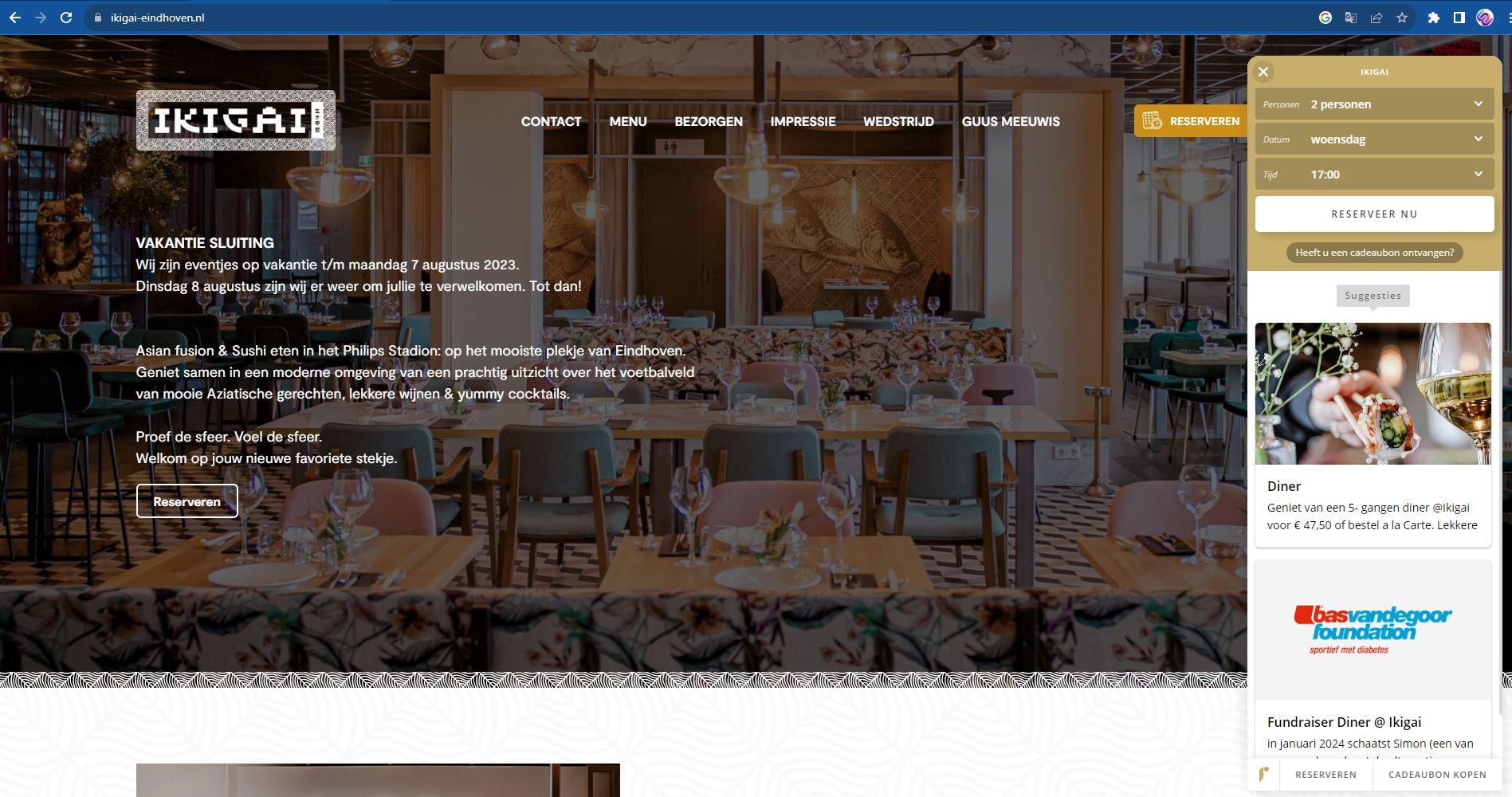In today’s rapidly evolving digital landscape, businesses are constantly seeking innovative ways to engage users and deliver seamless experiences. One remarkable advancement that has gained significant attention is Progressive Web Apps (PWAs). These unique applications combine the best of both web and mobile app technologies, offering a range of benefits that have captured the interest of developers and businesses alike. In this article, we’ll delve into the world of PWAs and explore the compelling reasons behind their growing popularity.
Introduction: What is a Progressive Web App?
Progressive Web Apps, commonly referred to as PWAs, are a revolutionary concept that bridges the gap between traditional websites and native mobile applications. They are essentially websites that offer app-like experiences, combining the accessibility of the web with the performance and engagement of mobile apps. PWAs are built using standard web technologies such as HTML, CSS, and JavaScript, allowing them to function seamlessly across various platforms and devices.
The Evolution of User Experience
Enhancing Website Performance
PWAs are designed with a focus on speed and efficiency. By utilizing techniques like lazy loading and caching, PWAs ensure that content is delivered swiftly, reducing load times and enhancing the overall user experience.
Improved User Engagement
With features like push notifications and the ability to add the PWA icon to the home screen, user engagement reaches new heights. This proactive approach to interaction keeps users informed and encourages them to return to the app.
Accessibility and Reach
Cross-Platform Compatibility
One of the most intriguing aspects of PWAs is their ability to function seamlessly across different platforms, including desktops, tablets, and smartphones. This cross-platform compatibility ensures that users have a consistent experience, regardless of the device they’re using.
App-Like Experience Without Installation
Unlike traditional apps, PWAs do not require installation from an app store. This eliminates the friction of downloading and installing, making it easier for users to access and engage with the application.
Responsiveness and Adaptability
Fluid User Interface
PWAs provide a fluid and dynamic user interface that adapts gracefully to various screen sizes and orientations. This responsiveness contributes to a delightful user experience, enhancing usability and satisfaction.
Consistent Performance Across Devices
Regardless of the device specifications, PWAs maintain a high level of performance. This consistent performance contributes to higher user retention rates and encourages users to spend more time within the app.
Offline Functionality
Uninterrupted User Experience
PWAs are designed to work seamlessly even in offline or low connectivity scenarios. This ensures that users can continue using the app and accessing important content, even when an internet connection is temporarily unavailable.
Reliable Performance in Low Connectivity
PWAs leverage caching and other technologies to ensure that users can interact with the app, view content, and complete tasks even in environments with limited or unreliable internet connectivity.
Security and Trustworthiness
HTTPS Protocol and Secure Connections
PWAs are served over secure HTTPS connections, enhancing data security and user trust. This is particularly important for apps that handle sensitive information or user credentials.
Freedom from App Store Restrictions
Unlike traditional apps, PWAs do not need to adhere to strict app store guidelines and approval processes. This gives developers more control and flexibility in deploying updates and new features.
Cost-Effectiveness and Maintenance
Single Codebase for All Platforms
PWAs can be developed using a single codebase that works across multiple platforms. This significantly reduces development time and costs compared to building separate native apps for each platform.
Simplified Updates and Maintenance
Updating a PWA is seamless and hassle-free. Users are always presented with the latest version, eliminating the need for constant updates and ensuring a consistent experience.
Case Studies: Successful Implementation of PWAs
Starbucks: Brewing Success with PWA
Starbucks’ PWA offers customers a convenient way to browse the menu, customize orders, and locate nearby stores. This has resulted in a significant increase in user engagement and sales.
Twitter: Tweeting the PWA Way
Twitter’s PWA delivers a fast and engaging experience, with features like push notifications and offline access. The PWA has led to a notable increase in time spent on the platform.
The Future of PWAs: Continuous Innovation
Integration of New Web Technologies
As web technologies continue to evolve, PWAs will integrate new features and capabilities, further enhancing the user experience and opening doors to innovative possibilities.
Expanding Possibilities in E-Commerce
PWAs are poised to revolutionize the e-commerce industry by providing immersive shopping experiences, simplified checkout processes, and personalized recommendations.
Conclusion: Embracing the PWA Revolution
In a digital landscape driven by user expectations and technological advancements, Progressive Web Apps have emerged as a powerful solution. By combining the best attributes of web and app technologies, PWAs offer enhanced performance, accessibility, and engagement. As businesses and developers recognize the numerous benefits of PWAs, we can anticipate a future where these versatile applications become an integral part of the online experience.
FAQs (Frequently Asked Questions)
- What exactly is a Progressive Web App (PWA)? A Progressive Web App is a type of application that blends the features of a traditional website with those of a mobile app, providing users with a seamless and engaging experience.
- Do PWAs work on all devices? Yes, PWAs are designed to work across various devices and platforms, ensuring a consistent experience regardless of the device being used.
- Are PWAs secure? Absolutely. PWAs are served over secure HTTPS connections, enhancing data security and user trust.
- Do users need to install PWAs from an app store? No, one of the advantages of PWAs is that they do not require installation from an app store. Users can access them directly through a web browser.
- How do PWAs benefit businesses? PWAs offer businesses enhanced user engagement, improved performance, and cost-effective development compared to traditional native apps.






